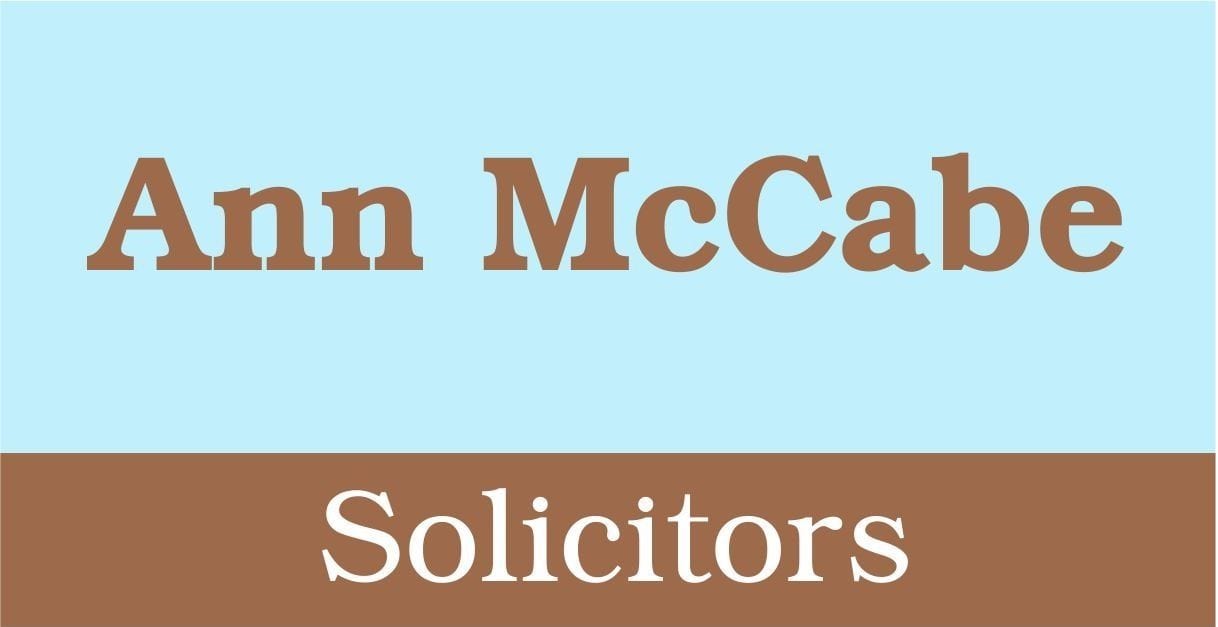
New Probate Fees – A tax on death by the back door?
The Residential Nil Rate Band
First, the good news about inheritance tax: from 6th April 2017, there shall be an additional Residential Nil Rate Band on estates starting at £100,000 for deaths in the tax year to April 2018 rising by a sliding scale to £175,000 for deaths in the tax year to 2021. This is in addition to the usual Nil Rate Bands (presently £325,000 for a single person and £650,000 for a married couple).
The estate qualifies for the Residential Nil Rate Band if the deceased leaves their home to direct descendants (spouse/civil partner, children or grandchildren). The estate even qualifies for the RNIB if the deceased has downsized to a less valuable property, sold or given away their home after 7 July 2015. The net effect is that a married couple may have an estate worth up to £1 million before having to pay Inheritance Tax upon any value over £1million.
This is a ray of hope for many who are reliant upon their parents to help them onto the housing ladder.
New Probate Fees
The Residential Nil Rate Band is explained in detail on the government website. In contrast, the website is silent about the proposed changes to Probate fees . This is because the necessary legislation to implement the changes has not yet been approved by parliament. The guidance issued by the Government to the Law Society gives the clear impression that the changes are expected to come into force in May 2017. Perhaps Parliament will decide against the legislation; a massive hike in the fees paid to the Probate Registry could be seen as a way to avoid breaking the manifesto promise not to increase Inheritance Tax.
At the moment, there is a flat fee of £215 payable to the Probate Registry for any application. (£155 if you use a solicitor) Under the new fee structure expected to come into force in May 2017, no fee is paid for estates worth up to £50,000. A fee of £300 is payable for estates worth between £50,000 and £300,000. This amount perhaps seems fair enough. But then the fee steps up dramatically to £1000 and then on a sliding scale up to £20,000 for estates more than £2 million.
| Value of estate (before inheritance tax) | Proposed Fee |
| Up to £50,000 | £0 |
| Between £50,000 and £300,000 | £300 |
| Between £300,000 and £500,000 | £1,000 |
| Between £500,000 and £1m | £4,000 |
| Between £1m and £1.6m | £8,000 |
| Between £1.6m and £2m | £12,000 |
| Above £2m | £20,000 |
A tax on death by the back door?
Perhaps it’s still fair enough that the Government receives £20,000 for such large estates. However, given that the Probate Registry process is the same regardless of the size of the estate, this could be regarded as a tax rather than an application fee.
The Probate fee is payable in addition to the 40% IHT generally payable on the value of the estate over the Nil Rate Band (presently at least £325,000 for a single person up to £1million for a married couple utilising the maximum RNIB) If a spouse leaves their entire estate to the other spouse, no IHT is payable until the death of the second spouse. This includes estates where one spouse leaves their share of their house to children under a life interest trust to the spouse so as to ultimately protect the inheritance of the children. However, you would still have to apply for Probate and so pay the probate fee upon the death of the first spouse, as well as on the death of the second spouse. You can avoid applying for probate by owning all assets in joint names so that they pass to the survivor automatically but then the inheritance of any children is no longer guaranteed.
Where does the money to pay the fees come from?
Unlike Inheritance Tax, Probate fees are paid up front. In very many estates, the home is the major asset. In many cases, there are no savings. Unless the house passes automatically to a joint owner, the executors shall have to apply for Probate before the home can be sold. How will they find the money to pay the fees? Possibly by raising a loan against the property. The Government guidance advises that executors could make an application to the Probate Registry to access a particular asset for the sole purpose of paying the fee. I suspect that if a groundswell of public opinion does rise up and influence Parliament, it will come from Londoners. In London, the majority of homes that might be considered modest in other parts of the country will easily be worth over £500,000. They may have been occupied by owners on relatively modest incomes for very many years and so have not been able to accumulate savings.
Sign the petition
The petition on the official petition parliament website had nearly 28,000 signatures on 30th March 2017. If it reaches 100,000 signatures, it will be considered for debate in parliament. You can sign the petition at petition.parliament.uk/petitions/188175
“To reconsider the proposed significant and unreasonable increase in probate fees
The current fee for all estates is £155. The change mean fees on 42% of estates will increase by 2 to 129 times, payable even if the estate passes to spouse or charity. There is no difference in the amount of work to issue a Grant for £100k or £800k and yet the fees will be £3,700 more.
petition.parliament.uk/petitions/188175
Proposed increase in probate fees scrapped
Following the announcement of a General Election on 8th June 2017, the proposal to increase probate fees has been abandoned as there will not be time for a debate in parliament. http://www.bbc.co.uk/news/uk-politics-39663204
My view is that the Government will still need to find a way to fund the increased costs of the Court system generally. With the loss of legal aid in most family cases in April 2013, many more people going through the Court system are unrepresented, leading to additional pressure on Court resources. Passing on the true cost of the process to litigants in person would severely undermine access to justice. Passing on the costs to applicants using other Court departments in unfair. I would therefore prefer a modest increase in the flat rate for probate applications.
Ann McCabe 21st February 2017
About the author
Ann McCabe is a solicitor and founder of Ann McCabe Solicitors. She qualified as a solicitor in 1993 and has specialised in family law ever since. She has worked in Newcastle under Lyme since 1994.
Phone 01782 627589 to make a Will and ensure your wishes are carried out.

